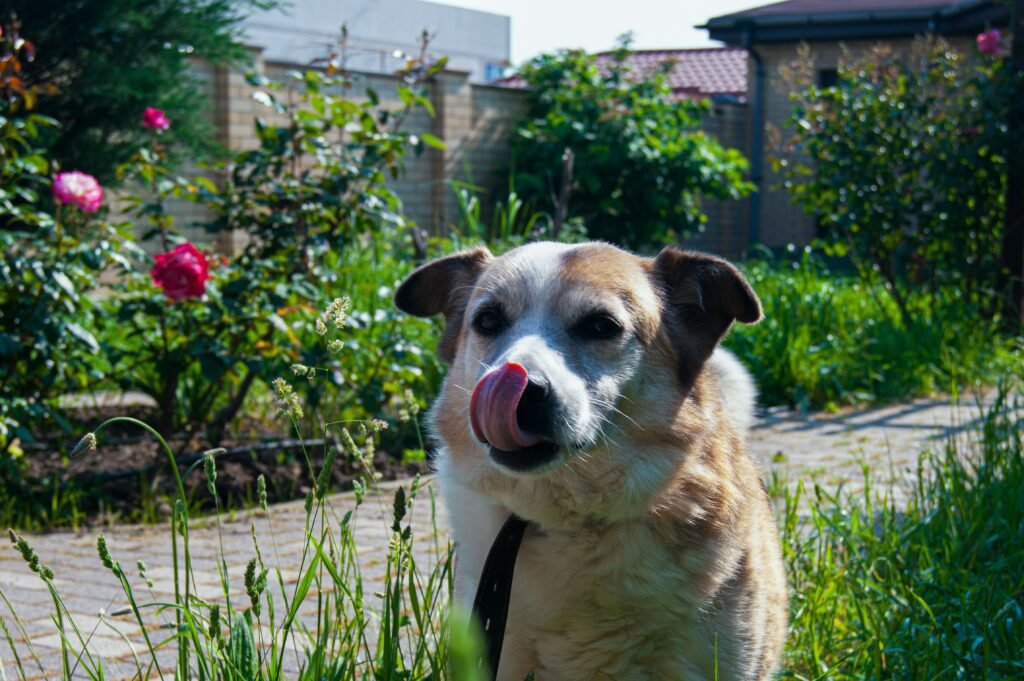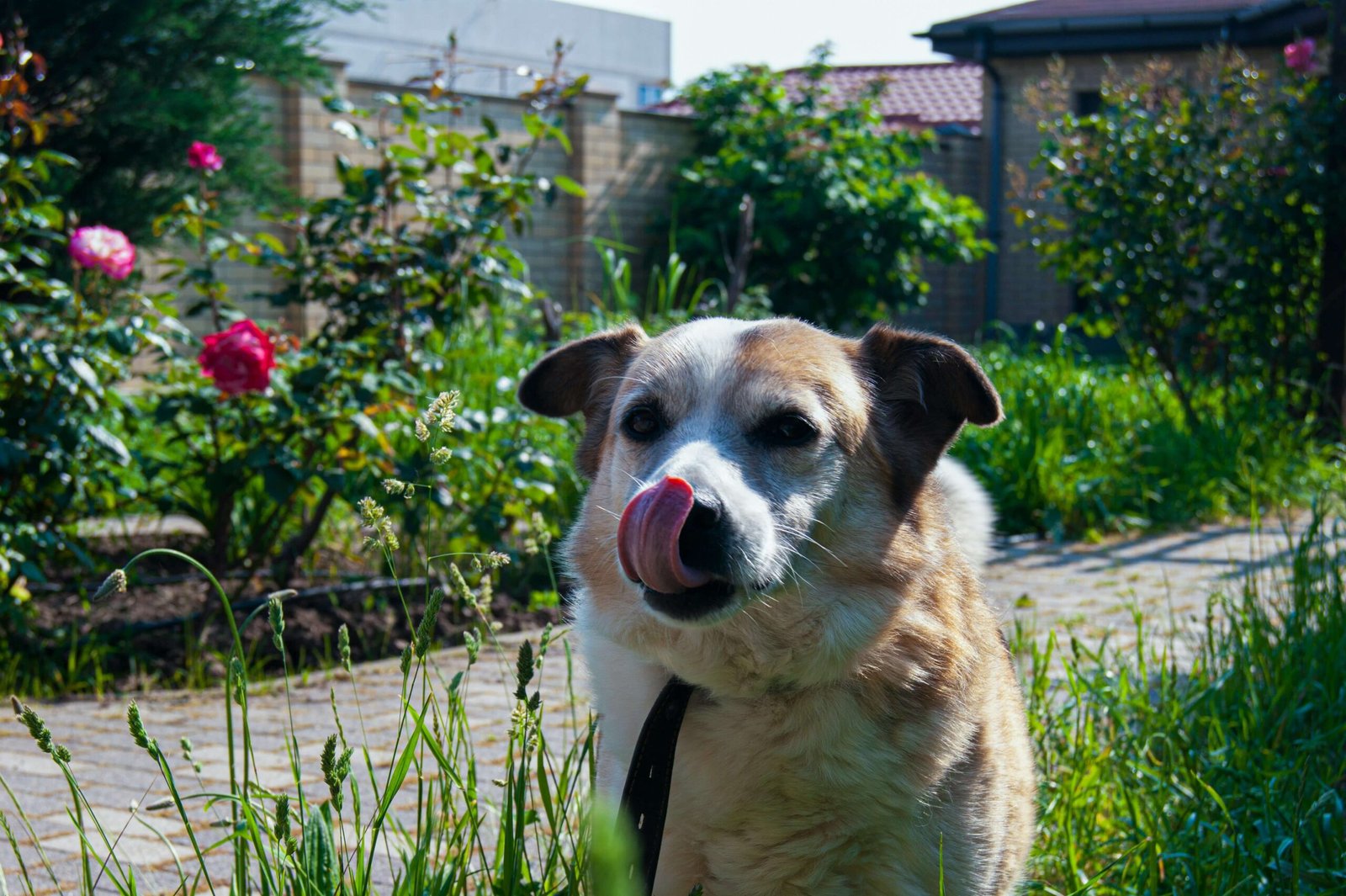Can Dogs Eat Bacon? What Every Pet Owner Should Know
Bacon is one of the most beloved foods for many people around the world. Its crispy texture, savory aroma, and rich flavor make it a breakfast staple in countless households. But what happens when your furry best friend looks up at you with those big, pleading eyes while you’re cooking bacon? Can dogs eat bacon too, or is this popular food off-limits for them? As a responsible pet owner, it’s crucial to understand the potential risks and benefits before sharing any human food with your dog. Let’s dive into everything you need to know about feeding bacon to your canine companion.
The Nutritional Profile of Bacon: What Does It Offer?
Before deciding whether bacon is safe for dogs, it’s important to examine its nutritional composition. While bacon might be delicious, it’s not exactly a health food. Here’s a breakdown of what bacon contains:
High Fat Content
Bacon is packed with saturated fats, which can be difficult for dogs to digest.Sodium Levels
The high salt content in bacon can lead to dehydration and other health issues in dogs.Protein Source
Bacon does contain protein, but it’s often overshadowed by unhealthy additives.Additives and Preservatives
Many brands of bacon include nitrates and nitrites, which can be harmful to dogs over time.Caloric Density
Bacon is calorie-dense, making it easy for dogs to consume more than they should.
While bacon may seem like a tasty treat, its nutritional profile raises some red flags for canine consumption. Understanding these components is key to making an informed decision.
Potential Risks of Feeding Bacon to Dogs
Feeding bacon to your dog occasionally might not cause immediate harm, but there are several risks associated with regular consumption. Here’s what you need to watch out for:
Pancreatitis Risk
The high fat content in bacon can inflame a dog’s pancreas, leading to a painful condition called pancreatitis.Obesity Concerns
Regularly feeding bacon can contribute to weight gain and obesity in dogs.Salt Poisoning
Excessive sodium intake from bacon can result in salt poisoning, causing symptoms like vomiting and seizures.Digestive Upset
Many dogs experience diarrhea or upset stomachs after consuming fatty or salty foods like bacon.Allergic Reactions
Some dogs may have sensitivities or allergies to processed meats like bacon.
These risks highlight why moderation—and often avoidance—is the best approach when it comes to feeding bacon to your dog.
Check this guide 👉Top 5 Best Bacon Dog Treats for Ultimate Pawsome Rewards!
Check this guide 👉Can Dogs Eat Sausage? Best 7 Health Tips!
Check this guide 👉Can Dogs Eat Pepperoni? Best 7 Expert Tips!

Health Risks of Bacon for Dogs | Safe Alternatives for Dogs |
|---|---|
High fat content | Plain cooked chicken |
Excessive sodium | Steamed vegetables |
Additives like nitrates | Lean ground turkey |
Potential for pancreatitis | Boiled sweet potatoes |
Digestive upset | Unsweetened yogurt |
How Much Bacon Is Too Much? Guidelines for Moderation
If you still want to give your dog a small taste of bacon as a rare treat, it’s essential to follow strict guidelines. Here’s how to ensure you don’t overdo it:
Limit Portion Sizes
A tiny piece of plain, unsalted bacon is enough—avoid giving large portions.Avoid Seasonings
Never feed your dog bacon seasoned with spices, garlic, or onion powder.Cook Without Oil
If preparing bacon specifically for your dog, cook it without added oils or butter.Monitor for Symptoms
After feeding bacon, keep an eye on your dog for signs of digestive distress.Consult Your Vet
Always check with your veterinarian before introducing new foods to your dog’s diet.
By adhering to these guidelines, you can minimize the risks associated with feeding bacon to your dog.
Signs Your Dog May Have Eaten Too Much Bacon
Even if you take precautions, accidents happen. Knowing the warning signs of excessive bacon consumption can help you act quickly. Look out for these symptoms:
Vomiting
Frequent vomiting could indicate digestive distress caused by fatty foods.Diarrhea
Loose stools are a common reaction to eating something rich and greasy like bacon.Lethargy
If your dog seems unusually tired or uninterested in activities, it could signal a problem.Increased Thirst
Excessive thirst may point to dehydration caused by high sodium levels.Abdominal Pain
Signs of discomfort in the abdomen could indicate pancreatitis or another issue.
If you notice any of these symptoms, contact your veterinarian immediately to prevent further complications.
Healthier Alternatives to Bacon
If you’re looking for treats that are safer and more nutritious than bacon, there are plenty of dog-friendly options available. These alternatives provide flavor without compromising your dog’s health.
Plain Cooked Chicken
A lean protein source that’s easy to digest and loved by most dogs.Steamed Carrots
Low in calories and rich in vitamins, carrots make a crunchy and healthy snack.Peanut Butter (Unsweetened)
A small amount of unsweetened peanut butter can be a tasty treat, but ensure it’s xylitol-free.Boiled Green Beans
Packed with fiber and low in fat, green beans are a great option for overweight dogs.Blueberries
These antioxidant-rich fruits are a sweet and safe choice for dogs.
By opting for these healthier alternatives, you can satisfy your dog’s cravings without risking their well-being.
Signs Your Dog Is Begging for the Wrong Reasons
Dogs often beg for food because they’ve learned it gets them attention or tasty rewards. However, understanding why your dog is begging can help you address the behavior effectively.
Hunger Cues
If your dog is truly hungry, they may be signaling that their current diet isn’t meeting their needs.Boredom
Dogs sometimes beg out of boredom, seeking interaction or stimulation.Conditioned Behavior
If you’ve given in to begging before, your dog may have learned to associate it with getting treats.Smell Appeal
The enticing aroma of foods like bacon can trigger begging even if your dog isn’t hungry.Attention-Seeking
Some dogs beg simply because they crave your attention, regardless of food.
Identifying the root cause of your dog’s begging can help you redirect their behavior in a positive way.
Tips for Training Your Dog Around Food
Teaching your dog proper behavior around food can prevent unwanted begging and ensure they stay safe from harmful foods like bacon. Consistent training is key to success.
Establish Boundaries
Train your dog to stay away from the kitchen or dining table during meals.Use Positive Reinforcement
Reward your dog with praise or toys when they exhibit good behavior around food.Ignore Begging
Refrain from giving in to begging, as this reinforces the behavior.Provide Mental Stimulation
Keep your dog occupied with puzzle toys or activities to distract them from food.Practice Commands
Teach commands like “leave it” or “wait” to help your dog understand food boundaries.
With patience and consistency, you can train your dog to behave appropriately around food, creating a harmonious household dynamic.
Frequently Asked Questions About Dogs and Bacon
Is it okay to give my dog bacon once in a while?
While an occasional small piece of plain bacon is unlikely to harm your dog, it’s best avoided due to its high fat and sodium content.
Can puppies eat bacon?
Puppies have sensitive digestive systems, so bacon is not recommended for them under any circumstances.
Are there healthier alternatives to bacon for dogs?
Yes, options like plain chicken, turkey, or boiled vegetables are much safer choices.
What should I do if my dog accidentally eats a lot of bacon?
Monitor your dog closely for symptoms and consult your vet if you notice anything unusual.
Does bacon affect all dogs the same way?
No, individual dogs may react differently based on factors like breed, size, and overall health.
Final Thoughts: Prioritizing Your Dog’s Health
When it comes to feeding your dog bacon, the risks generally outweigh the rewards. While the occasional small piece might not cause harm, bacon’s high fat, sodium, and additive content make it less than ideal for regular consumption. Instead, focus on providing your furry friend with nutritious, dog-friendly alternatives that support their long-term health. Remember, a happy dog is a healthy dog—and keeping their diet balanced and wholesome is one of the best ways to show them love.
Do Cats Have Taste Buds? Best 7 Expert Tips! – Discover how cats experience flavors and why their taste is so unique.
Do Dogs Have Taste Buds? Best 7 Expert Tips! – Discover how dogs experience taste, their preferences, and what it means for their diet and health.
Can Cats Taste Sweet? Best 7 Expert Tips! – Discover why cats can’t taste sweetness, how it affects their diet, and tips to keep them healthy and happy.
Can Dogs Taste Sweet? Best 7 Expert Tips! – Discover how dogs perceive sweetness, which foods are safe, and tips to manage their sweet cravings responsibly.





